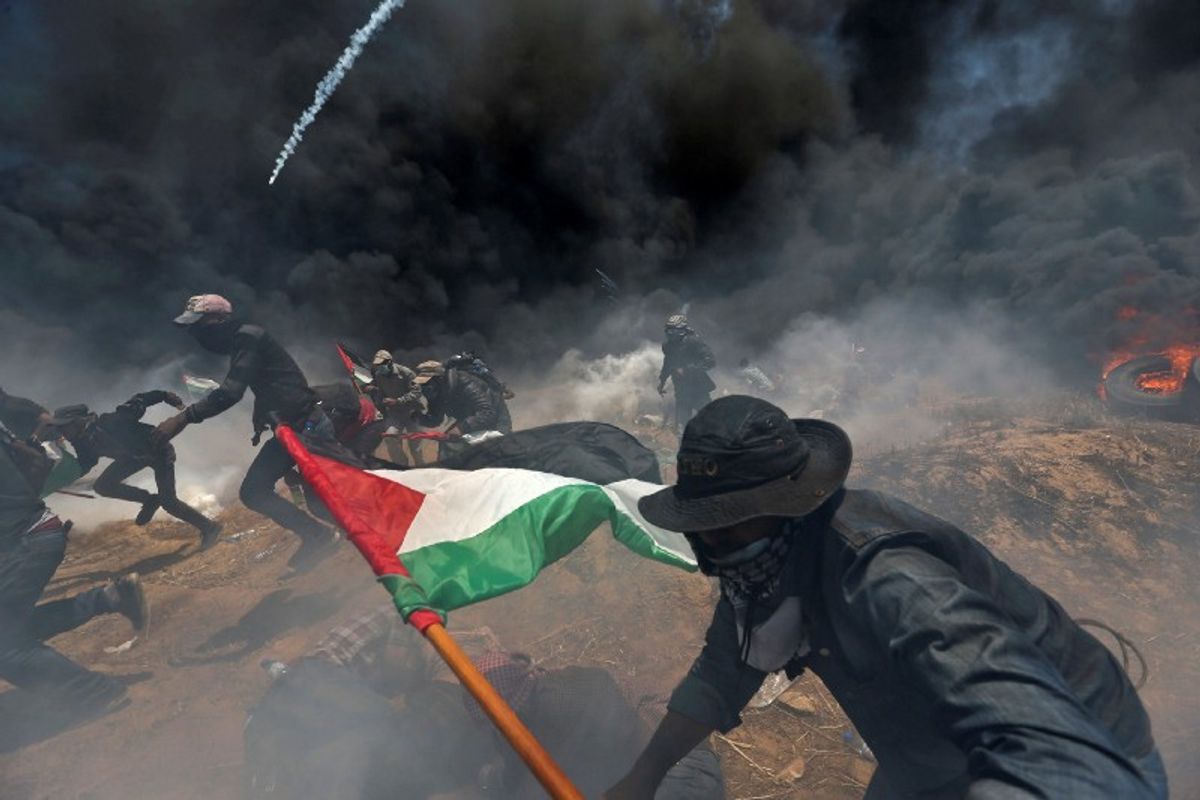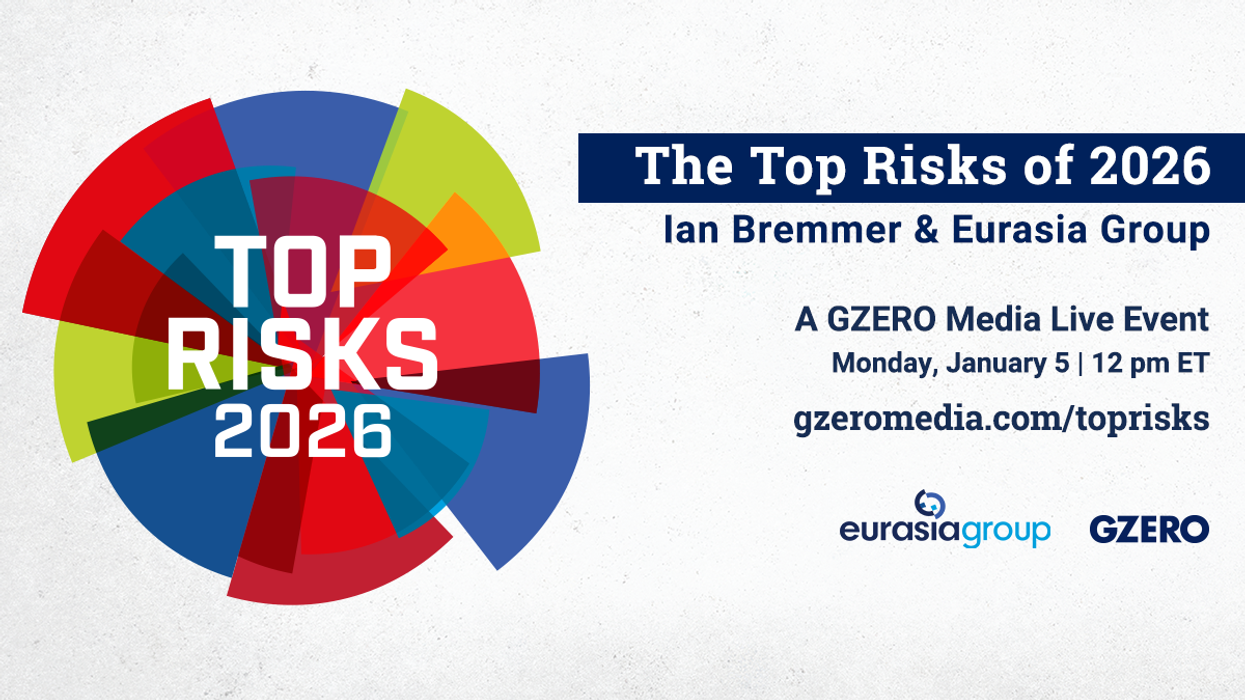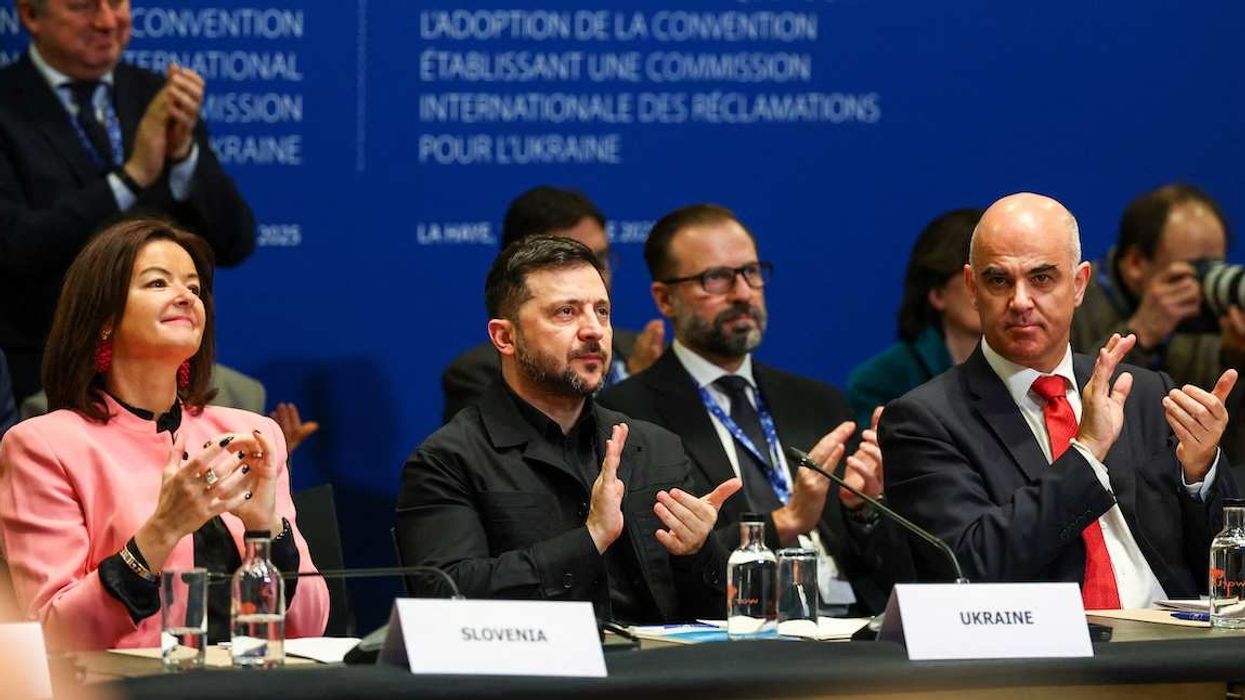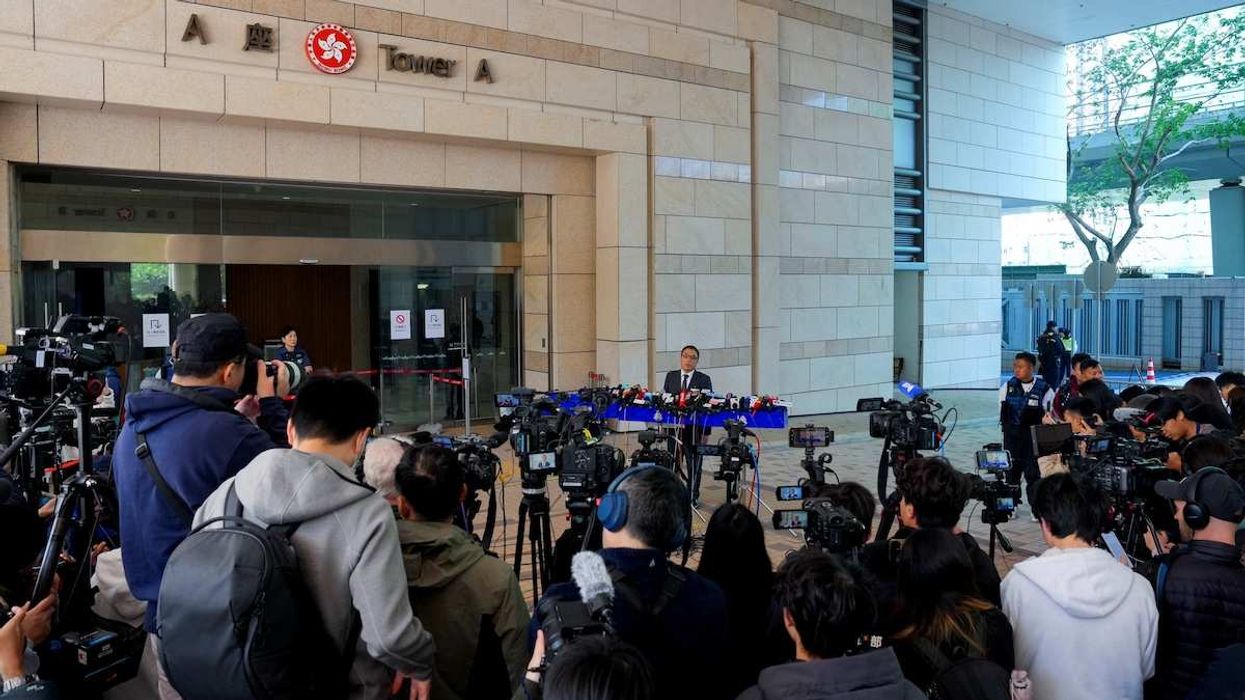Speaking of polarization, few issues are as divisive or intractable as the conflict between Israel and the Palestinians. Yesterday’s ceremony marking the openingof the US Embassy in Jerusalem provided a stark and bloody portrait of that divide. Triumphant pomp in Jerusalem, horrific bloodshed at the Gaza border (at least 58 Palestinians killed in the worst violence in years), and outcry internationally.
The crisis will only deepen today as Israel celebrates its 70th anniversary, while Palestinians recall the Nakba (“catastrophe” in Arabic) in which hundreds of thousands of their forebears were displaced during the creation of the Jewish state.
Three lenses through which to look at this.
Middle East Peace — Supporters of the embassy move say that by recognizing Jerusalem as Israel’s capital unilaterally, rather than leaving that issue to be negotiated as part of a peace accord, Washington is shrewdly forcing the Palestinians to deal sooner rather than later, lest their scope for negotiation narrows further. But critics say the move undermines Washington’s already dubious status as an even-handed broker between Israel and the Palestinians, and needlessly inflames Palestinian sentiment. The Trump administration may have the “ultimate” peace deal up its sleeve, but it’s hard to see any serious proposals moving forward in the current environment.
The domestic view for Bibi and Trump — Both men face potentially crippling investigations at home, and each is dealing with several foreign policy crises at once. The US embassy move gives both a key boost among their constituents. For Bibi, landing the US Embassy in Jerusalem enjoys broad support among Jewish Israelis, whatever their other divisions and misgivingsmay be. And a huge majority of Jewish Israelis also support the Israeli military’s handling of the Gaza border protests. For Trump, meanwhile, the move is a gift to the evangelical Christian voters who turned out in historical numbers for him in 2016. Trump will need those voters to stay on-side in 2018 and, of course 2020. This helps him do that.
The regional view — To the deepening dismay of the Palestinians, Middle East peace is — for Washington, for Israel, and for other key Arab governments such as Saudi Arabia, Egypt, and the UAE — a less important priority than the region’s primary geopolitical fault line now, which is Iran. Don’t take it from us, take it from the Saudi daily Al-Riyadh which, back when the US first announced the embassy move, ran an editorial which argued that “the Arabs must realize that Iran is more dangerous to them than Israel.”



















